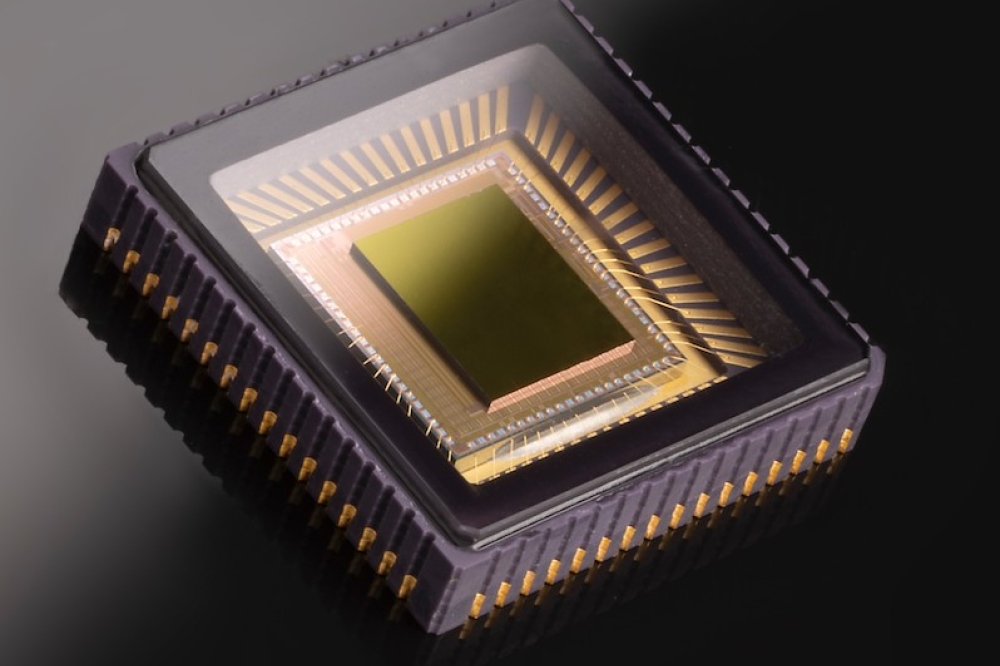US Consortium to push CdTe solar efficiency to 30%

US-MAC aims to support increased production volumes and to optimise performance
As part of an effort to help address America’s and the world’s needs for clean energy, the Wright Center for Photovoltaics at The University of Toledo, Colorado State University and the US Department of Energy’s National Renewable Energy Laboratory (NREL) have teamed with US-based companies to form the US Manufacturing of Advanced Cadmium Telluride (US-MAC) photovoltaics consortium.
Made from mining byproducts, CdTe PV technology was invented and developed in the US, and the intellectual property associated with the semiconductor’s use in PV remains primarily in America.
US-MAC will work with its members to advance stimulate innovation and capitalise on shared resources and expertise. It aims to support increased production volume, optimise performance and to diversify, integrate and support the success of domestic firms.
CdTe solar modules currently meet approximately 40 percent of the domestic utility-scale PV market demand, have excellent durability and have been shown to be immune to cell cracking as a result of extreme weather events, such as hail. They perform better than silicon at elevated temperatures or in high humidity environments and are believed to have the lowest all-in cost structure and smallest environmental footprint of any currently available PV technology.
“While already enjoying great success in the marketplace, recent scientific developments make it clear that CdTe PV has significantly more potential for dramatically higher module efficiency, lower cost, increased lifetime energy and more rapid production. This is all achievable with the concerted cooperation and investment that will be pursued by US-MAC,” said NREL Laboratory director Martin Keller.
CdTe solar modules already exhibit a 19 percent commercial module efficiency. US-MAC will push the efficiency closer to the maximum theoretical efficiency of approximately 30 percent, develop advanced tandem and bifacial concepts for even higher performance and extend the already excellent lifetime.
CdTe annual production can be increased at least by a factor of 10 through focused and coordinated research and development, and CdTe PV has the potential to meet all of the country’s new electricity demands over the next 20 years while creating new jobs and reducing the cost of clean electricity. The US-MAC consortium brings together the US leaders to aggressively pursue this important national goal.
US-MAC consists of an executive board that includes Colorado State University, NREL and UToledo, and has 10 industry members that comprise its industrial advisory board: 5N Plus Inc., Consolidated Research Systems Inc., Direct Solar Inc., First Solar Inc., Lucintech Inc., Nious Technologies Inc., Pilkington North America Inc., Sivananthan Laboratories, Toledo Solar Inc. and Uriel Solar Energy.
“The membership believes that CdTe is only at the beginning of its technology maturation curve, with much work still to do,” said Dr. Michael Heben, director of the Wright Center for Photovoltaics at UToledo, professor of physics and McMaster endowed chair. “The Secretary of Energy’s recent announcement of a new CdTe Accelerator Program reinforces this belief.”
“I applaud the US-MAC Cadmium Telluride consortium for developing a network focused on advanced and domestic manufacturing,” US Representative Marcy Kaptur said. “This partnership brings together key leaders in academia, industry and government to help our country prepare for a new tomorrow. Our nation must not only develop new technologies to confront the challenges posed by climate change, but also ensure that the manufacturing capabilities of these technologies are built in the United States. The consortium will work to keep the American pipeline of good-paying Cadmium Telluride production jobs a continued American success story.”
Efforts to establish US-MAC began more than a year ago and a Memorandum of Understanding was fully executed on March 11. First Solar was selected by the industrial advisory board to be its representative to the executive board for a first three-year term. The executive board will work with the industrial advisory board and other key points of contact in other organizations to advance the goals of US-MAC.
The organisers and members of US-MAC intend for the consortium to be inclusive as it pursues the mission to strengthen American leadership in the manufacturing of CdTe PV. Discussions are underway with Arizona State University, the University of Delaware and the University of Utah, as well as with other companies, to join an expanding US-MAC network.


































